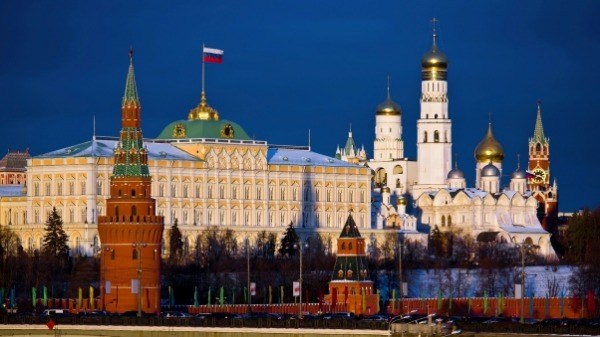Shift in Kremlin strategy: Moscow opens to negotiations with Zelensky amid Trump's threats
In a surprising turn of events, Moscow appears ready to negotiate with Zelensky after a series of sharp threats from Trump, despite Putin's earlier firm rejection of the possibility.
Putin's Russia seems so intimidated by Donald Trump that it's rapidly altering its stance. Not long ago, the Kremlin flatly refused to engage in talks with Vladimir Zelensky, deeming him "illegitimate". However, following threats and interactions with Trump’s circle, Moscow has suddenly expressed openness to negotiations. Trump has hinted to Moscow that he could cripple Russia’s economy in various ways, including a potential plunge in oil prices. Putin, evidently unnerved by Trump’s assertive stance, is now prepared to backtrack on his previous statements and risk appearing ridiculous.
In a swift change spurred by Trump, the Kremlin has shifted its rhetoric. Putin's spokesperson, Dmitry Peskov, unexpectedly announced that Russia is open to negotiations with Ukraine, including direct talks with President Volodymyr Zelensky, the Russian agency TASS reported.
Although Putin previously vehemently denied such a possibility, the Kremlin has now "permitted" dialogue with Zelensky. Peskov tried to justify this move by suggesting that Moscow has "questions" about the legitimacy of the Ukrainian president, yet that does not hinder the beginning of talks. This dramatic change in rhetoric came soon after the Kremlin confirmed interactions with Donald Trump’s team.
Trump's pressure has seemingly caused Putin to retreat. Previously, Putin claimed Zelensky was illegitimate, making discussions impossible, implying Kyiv should seek peace on its own.
However, with increased connections to Trump's administration, Peskov has acknowledged intensified relations, leading to an immediate Russian change of heart:
- Moscow now suddenly agrees to talk to Zelensky;
- The Kremlin has decided negotiations are possible;
- Russia is worried enough to risk appearing comical to appease Trump.
Putin’s apprehension over Trump’s decisiveness signals the Kremlin’s fear of his potential return to the White House.
Unlike Biden, who hesitated for prolonged periods, Trump allows Russia no alternative – forcing Putin to bend under pressure, avoiding complete isolation. While the Kremlin attempted to project "determination", suddenly, the entire strategy collapsed – Moscow rapidly shifts its stance in full view to try negotiating under more favorable terms.
